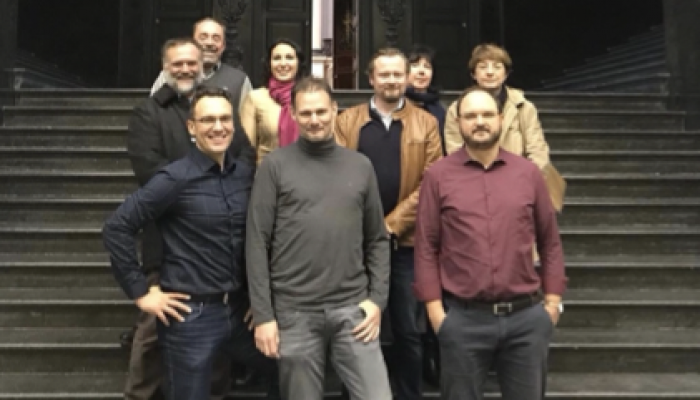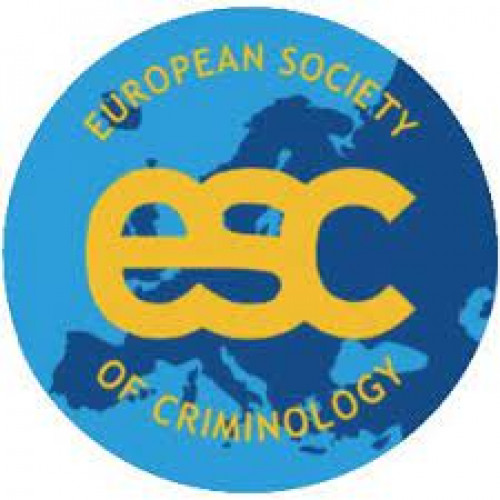25 years of the ESC - the memories of Tom Vander Beken (ESC President 2018-2019)

It was a great honour to have been elected President in 2018 at the conference in Cardiff and to serve on the board with Lesley McAra (President-Elect), Gorazd Meško (Past President), José Angel Brandariz, Eva Inzelt, Effi Lambropoulou, Csaba Györy (Editor of the ESC Newsletter), Dario Melossi (Editor of the European Journal of Criminology), Lieven Pauwels (Organiser of the 2019 Annual Meeting), Almir Maljevic (Organiser of the 2018 Annual Meeting), and Marcelo F. Aebi (Executive Secretary).
I was fortunate to host the 2019 Conference as President in my hometown and university in Ghent. It was a well-attended conference with a lot of interaction. Back then, nobody imagined that it would take three years before we could meet again in person at an ESC conference.
At the Ghent 2019 conference, I reflected upon (almost) two decades of European criminology. A topic modelling analysis of almost 12,000 presentations held at the annual conferences of the ESC between 2001 and 2019 showed which topics were influential in European criminology and which were not, and how topics evolved over time and became hot or cold. To me, this confirmed how important (and needed) the ESC is as an open meeting place for criminologists, their work, and ideas.
In my newsletter addresses, I made a plea for an open and interdisciplinary criminology and for an ESC that allows criminologists to participate in the exchange of ideas and fosters collaboration across the borders of our discipline, regardless of narrowly defined schools of thought, ontological stances, and methodological preferences. My argument also implied that, as criminologists, we cannot withdraw within our discipline — and not even within academia. Even if what we do is (still mainly) about the study of the processes of making laws, breaking laws, and society’s reaction to the breaking of laws, we need to keep our eyes open to what happens in other disciplines and in society.
Indeed, we must look outward and bridge the gaps (if any) between other disciplines and society. I am proud that we put that into practice at the Ghent conference by inviting non-criminologists (Martine Herzog-Evans, Jeffrey Brantingham, Guy Geltner) as keynote speakers to our plenaries.
The ESC now reaches its 25th birthday. I believe that the ESC is more relevant than ever before. Let us cherish and continue to support our ESC in these uncertain times, where science and open discussion are not to be taken for granted.
